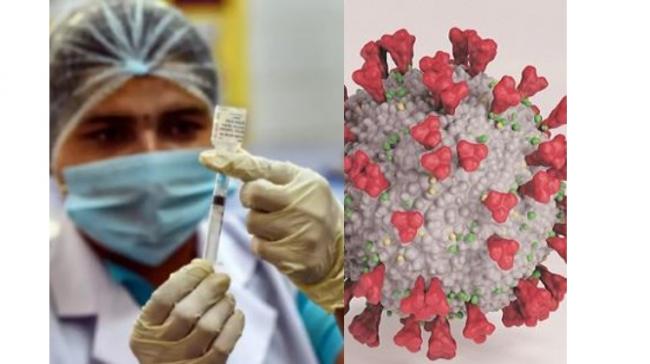Impact Of Vaccines On New COVID Strains Found In India Remains Uncertain: WHO

India is struggling hard to overcome the second wave of COVID-19. The number of coronavirus cases are increasing. The World Health Organisation has said that the new variant known as B.1.617 that emerged in India is highly contagious and had contributed to the devastating surge that has crushed the country in the recent weeks. Some of the experts are raising questions over the effectiveness of vaccines, because new variants of coronavirus are emerging out. WHO said that the impact of these mutations on the effectivesness of vaccines is uncertain.
The new variant, B.1.617 variant was first identified in India in October and is found in 44 other countries. In India, around 0.1 percent of COVID-19 positive samples are genome sequenced.
According to the WHO, "The B.1.17 variant found in UK and the India-dominant B.1.617 have started to wane in recent weeks but worryingly, there are more dangerous mutations of the B.1.617 now - the B.1.617.1 and B.1.617.2."
It is also said that, "Preliminary analyses show B.1.617.1 and B1.617.2 have substantially higher growth rate suggesting potentially higher transmissibility. B.1.617 sub-lineages appear to have higher rates of transmission, including observed rapid increases in prevalence in multiple countries (moderate evidence available for B.1.617.1 and B.1.617.2)."
Preliminary laboratory studies that are pending peer review indicate a limited reduction in antibody neutralisation; however, real-world impacts may be limited.
A paper presented by WHO said that, "Preliminary evidence suggests potential reduced effectiveness of Bamlanivimab, a monoclonal antibody used for COVID-19 treatment, and potentially slightly reduced susceptibility to neutralisation antibodies."
Dr Francis Collins, Director of National Institute of Science said that Pfizer, Moderna and Johnson and Johnson vaccines are effective against the B.1.617 variant.




